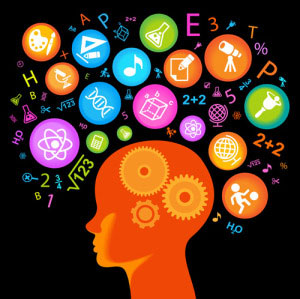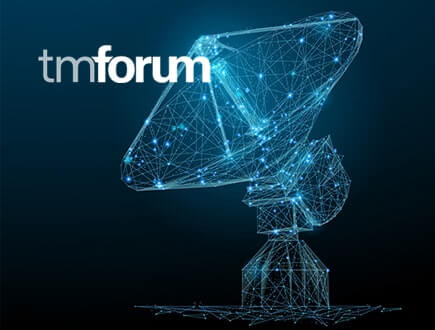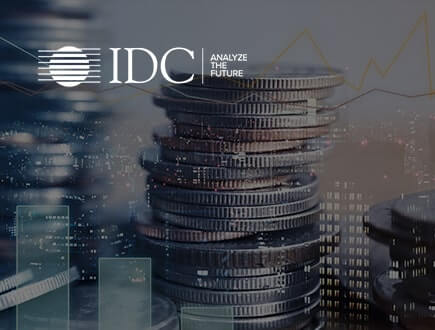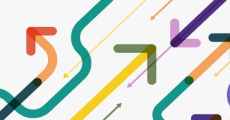Everyday new discoveries are made, shared and they then evolve into something even newer and better. This is how the world has grown to be how we know it to be today.
What is different about now, is simply the accelerated growth the world is seeing. What may have taken years takes weeks, what took months takes days and what took days are now accomplished in seconds! Just spend a minute to think over and you will get examples for all these.

So how is all this possible?
One silent, invisible force called the internet is definitely one of the accelerators. For the digital natives, it is as essential as air and water and the digital immigrants, have become dependent on it. Being connected is no more a luxury, but a necessity.
According to an interesting survey, we live in a time, where people with phones outnumber the people with a toilet of their own! ( http://newsfeed.time.com/2013/03/25/more-people-have-cell-phones-than-toilets-u-n-study-shows ). It is estimated that out of the 7 billion people in the world, close to 6 billion have access to a mobile phone. That is by far the best penetration that any human invention has ever been capable of.
Interestingly there are only 2.5 billion internet users as of Jan 2014 (http://adelinapeltea.com/2014-the-state-of-worldwide-internet-social-media-and-mobile-penetration ). That means only 35% of the world’s population uses the internet and accounts for the 2.5 Quintillion bytes of data produced (that’s 2.5 * 1018 – a number I didn’t know existed till I read this article - http://www.storagenewsletter.com/rubriques/market-reportsresearch/ibm-cmo-study ).
Imagine what will happen if all the 7 Billion start using the internet? What do we do with all this data? Can we make sense out of all this data? Can we use it to improve our lives? Can we make a living out of it?
Like every question that presented an opportunity, this massive volume of data has led to the birth of The Knowledge Economy.
According to the Wikipedia definition, the knowledge economy is the use of knowledge to generate tangible and intangible values. So, we have seen economies built on agriculture, industries and now, knowledge.
This very new economy makes it by far the most powerful, unbiased and wide spread till date. The reason – every one contributes to it – knowingly or unknowingly.
Today companies generate millions of dollars, by simply selling data. Data processing and data mining has opened up immense possibilities and changed the way we look at life, make decisions, bank, shop, travel, cook, sleep and what not.
Companies are tapping into this economy now and with it newer inventions are being created.
One notable invention being internet.org. This is an idea by the Facebook founder, Mark Zuckerberg and aims to bring in the remaining 4.5 billion non-internet/non-phone users into the knowledge economy. The project is an attempt to make the 3.5 billion people with phone and no internet, have access to free “basic” internet (read that as only text based services). This will then enable them to understand what the internet can do for them and then up sell better services like images/voice/video to them. This is probably one of the best and most complicated ways the knowledge economy is being planned to be tapped. This is complicated in terms of the infrastructure and number of businesses involved apart from the target audience – the under developed countries.
Internet.org and similar initiatives present one side of this economy where people (or should I say data?) is being added to the economy.
The other side of this economy are the people who use this information to market & sell their products. Salesmen will soon know what you are looking for when you enter the store. How? Well you just searched online for a product, the search results were then passed onto massive servers where your “profile” just got updated and this information is then sent to the stores where you “generally” buy similar stuff from and in between all this you just reached the door of your favorite store! That’s how efficient the elements of this economy are.
Taking this further are companies who specialize in analytics. They guide businesses on what will be the next most effective campaign or product. Complex data models predict customer behavior and acceptance of services.
Smart phones will be one of the primary sources from where all of this data will be generated and more interestingly, sold! People have already started receiving personalized offers and location specific information. That’s precisely how sales happens in the knowledge economy.
We are in a smarter, more informed and radically faster world, where the possibilities which never existed once are the most obvious.
It is only logical that we as an organization have made an “informed” decision to arm ourselves with the tools to work within and with this economy. What are we talking about?
Have you heard about the THBS focus areas?
- SOA – Interconnects the vital segments of this economy
- Mobile – The key data generation and sales avenue
- Big Data – Where all the data is converted into sellable entities
- Cloud – Remember the 2.5 Quintillion bytes/day? How do you store & process this?
- UX/Gamification – Need to get and keep the attention in this highly connected and hence distracted world
- Open Source – this is probably the first product of the knowledge economy with knowledge used to create knowledge (heard of the adage - money makes money?)
About the Author
Sukesh Soman is the Head of Mobility at Torry Harris Business Solutions. He is a technology enthusiast with a cricketer's heart and believes in using technology to simplify life. Sukesh feels that technology is at its best when its a part of a common man's life.
Whitepaper



Analyst Speak

(THIS) has been cited among notable vendors by Forrester Research in its report ‘The API Management Software Landscape, Q1 2024’. The report recognizes Torry Harris as a provider offering API management solutions with a geographic focus in the EMEA & APAC regions.

Forrester observes that the initial rush to “lift and shift” to the cloud has now been replaced by a focus on modernization and digital transformation. Cloud migration is the first step in a long journey to take advantage of the latest cloud-native technologies and services.

Torry Harris is a 'Strong Performer' in The Q3 2022 Forrester Wave™ for API Management Solutions. This report shows how each provider measures up and helps technology architecture and delivery (TAD) professionals select the right one for their needs.
Past Webinars






